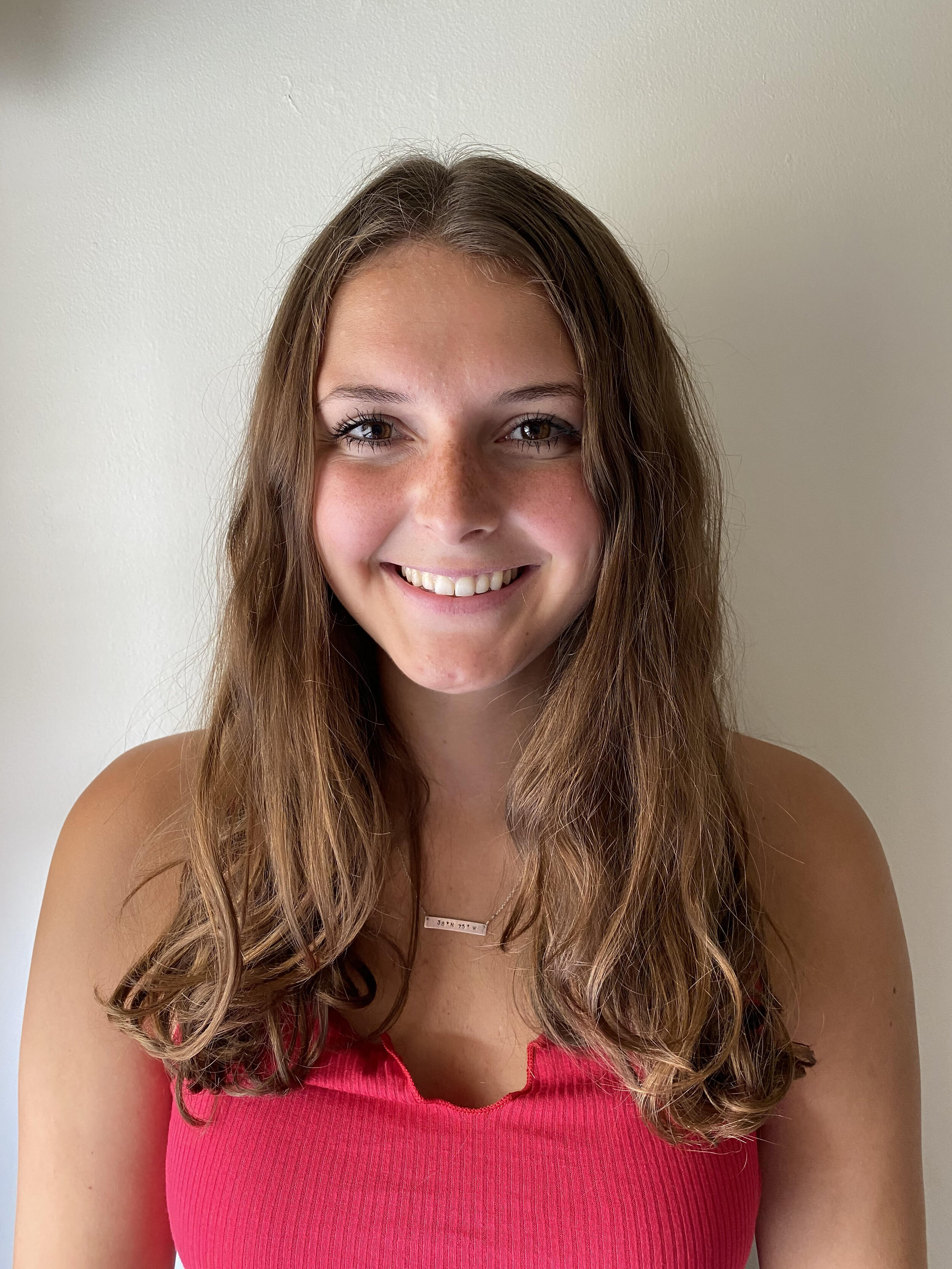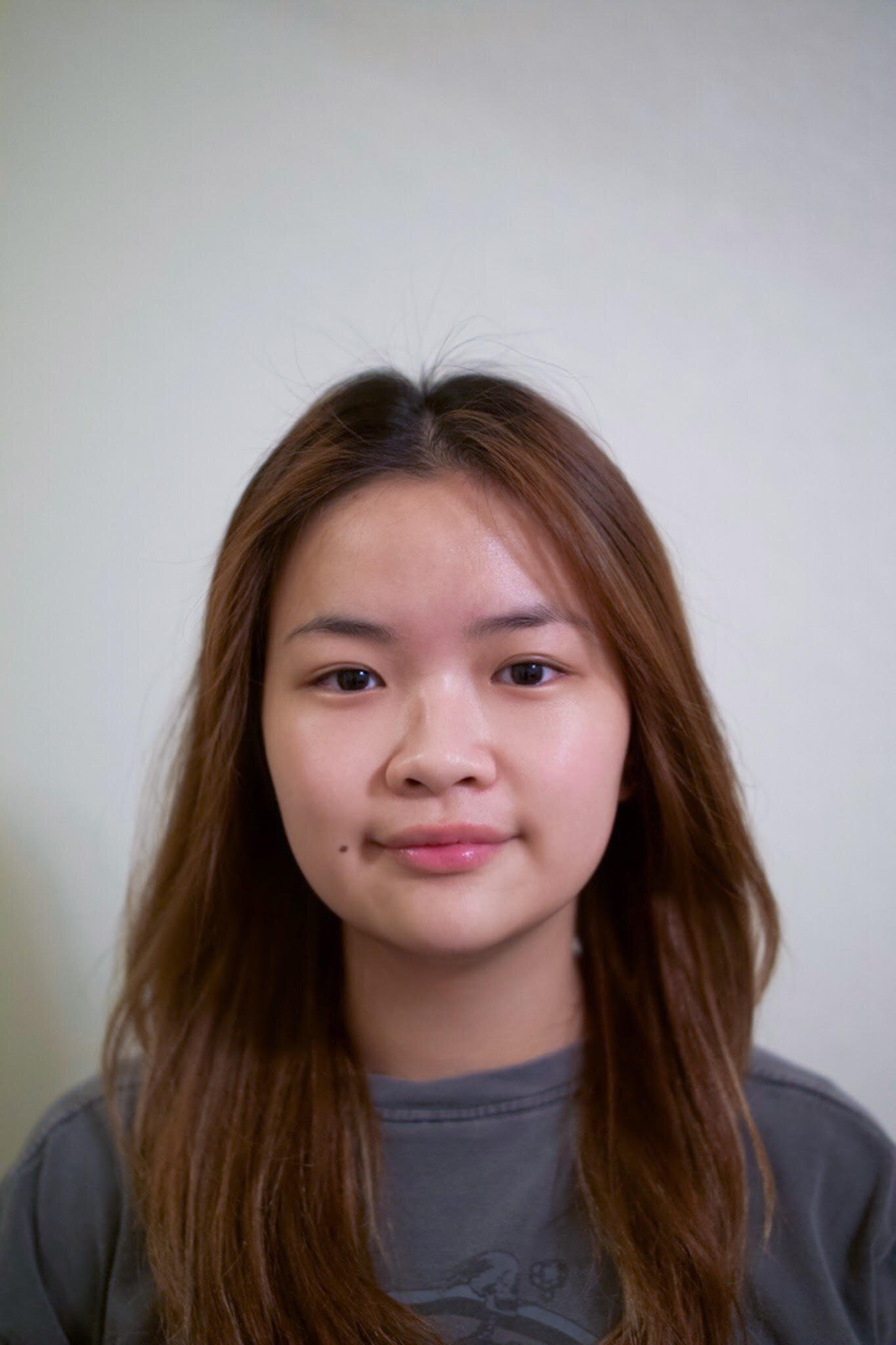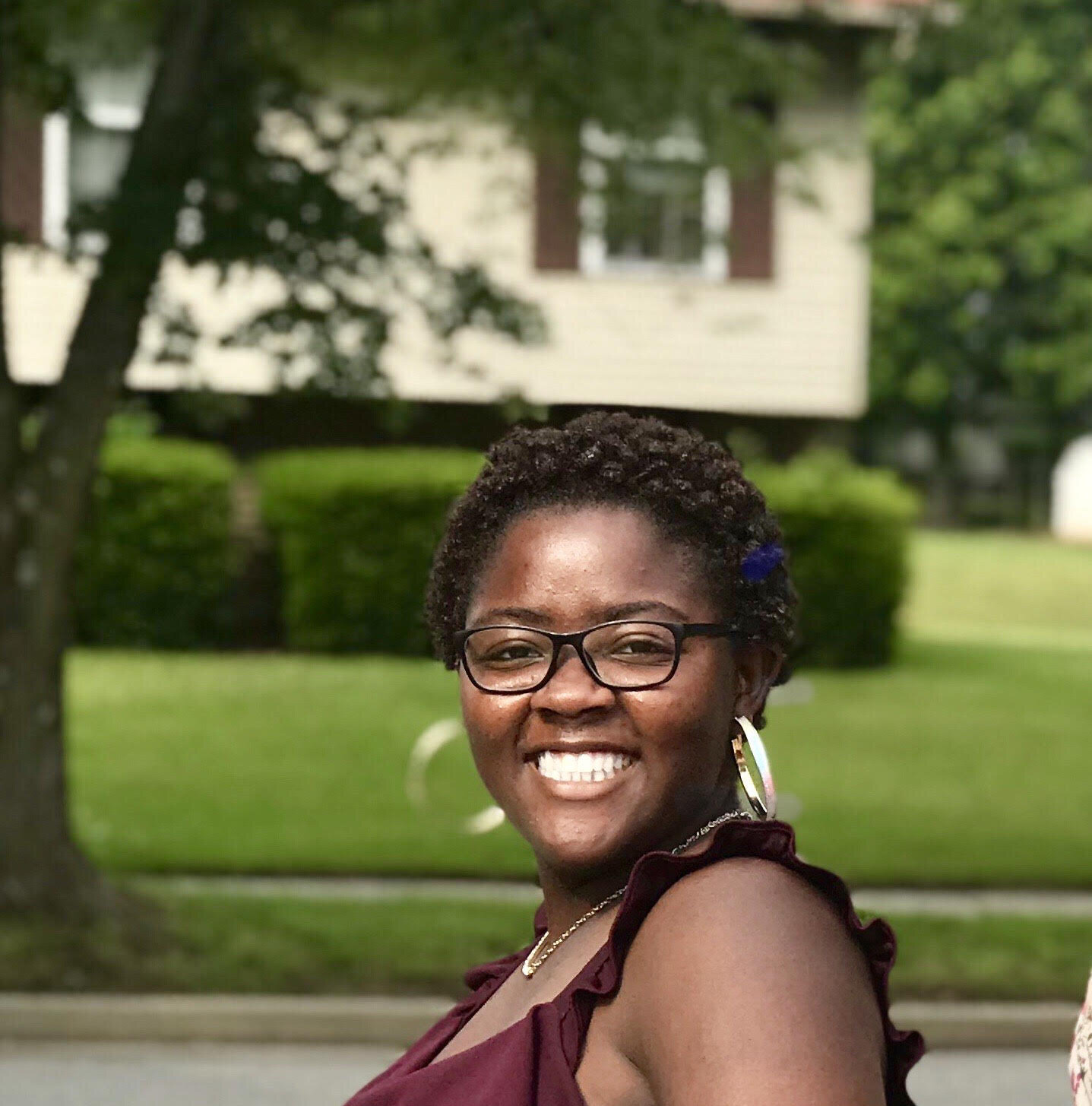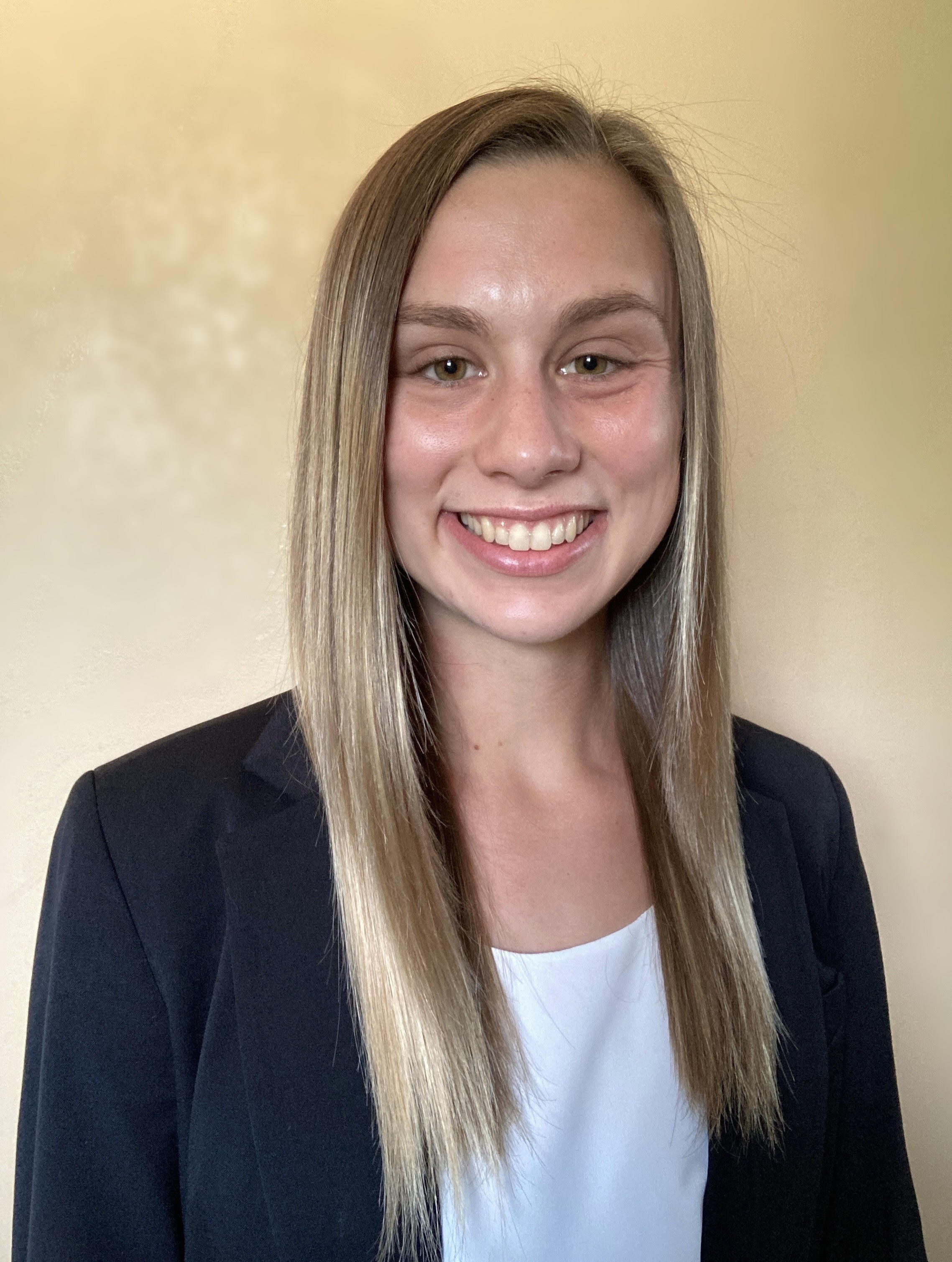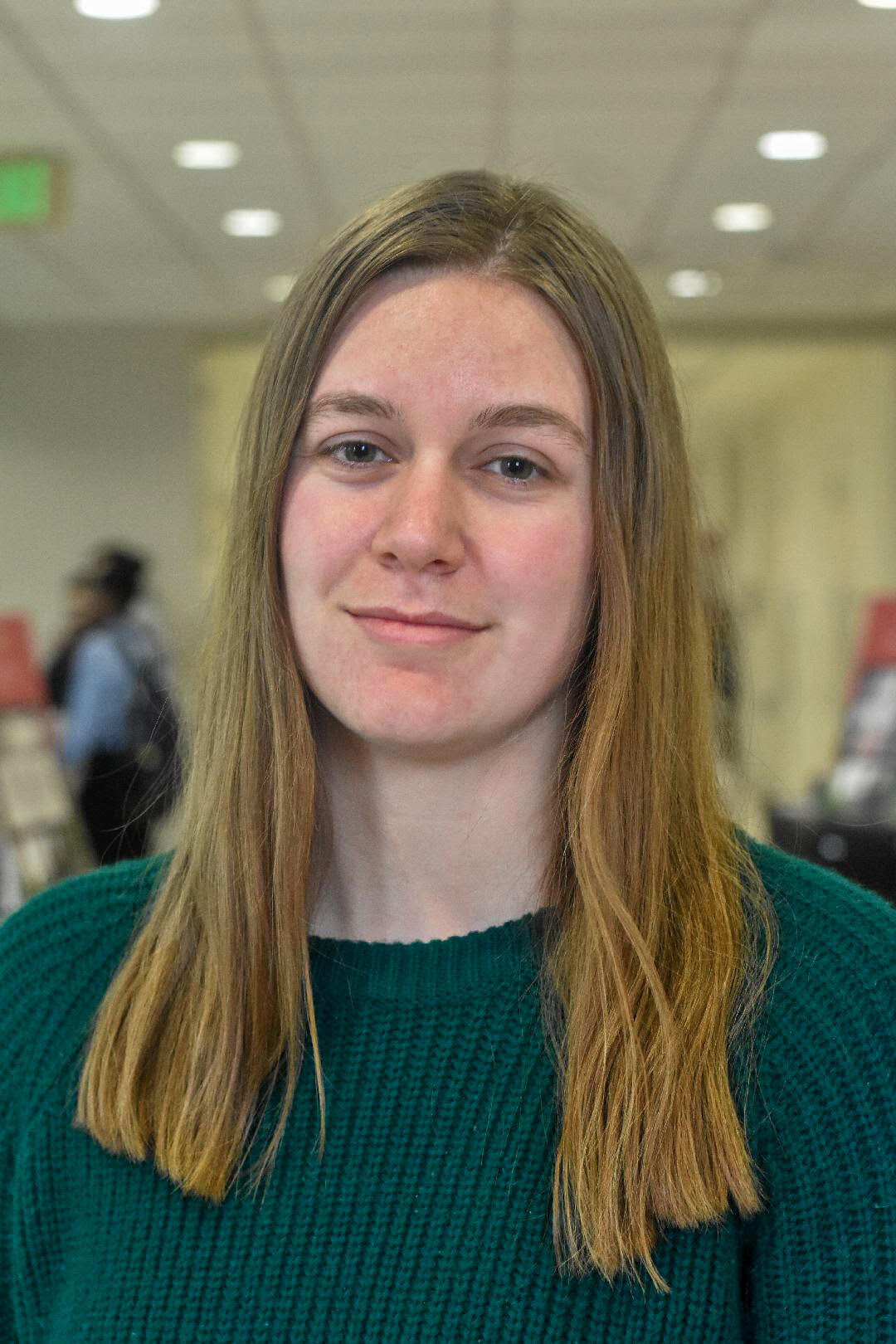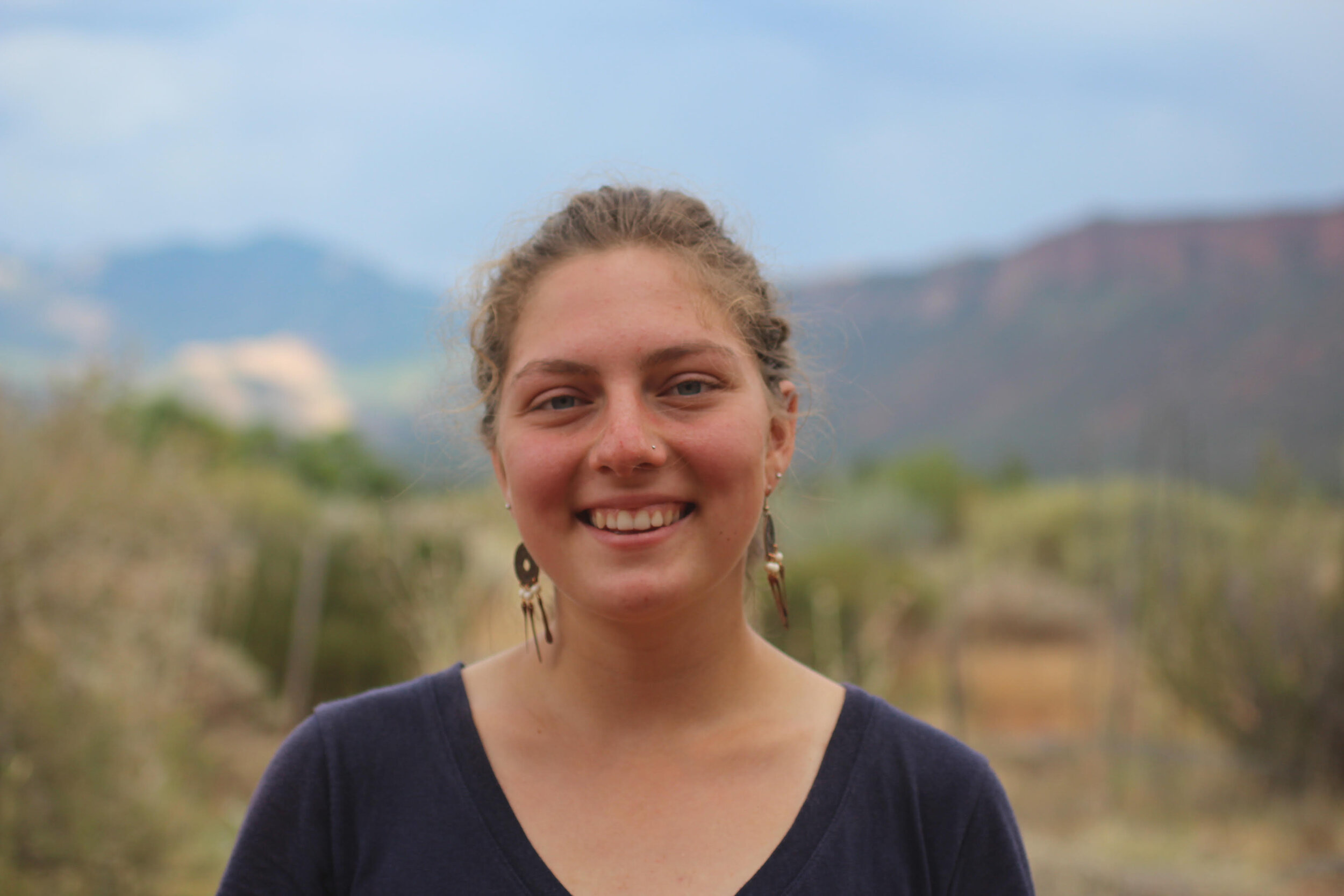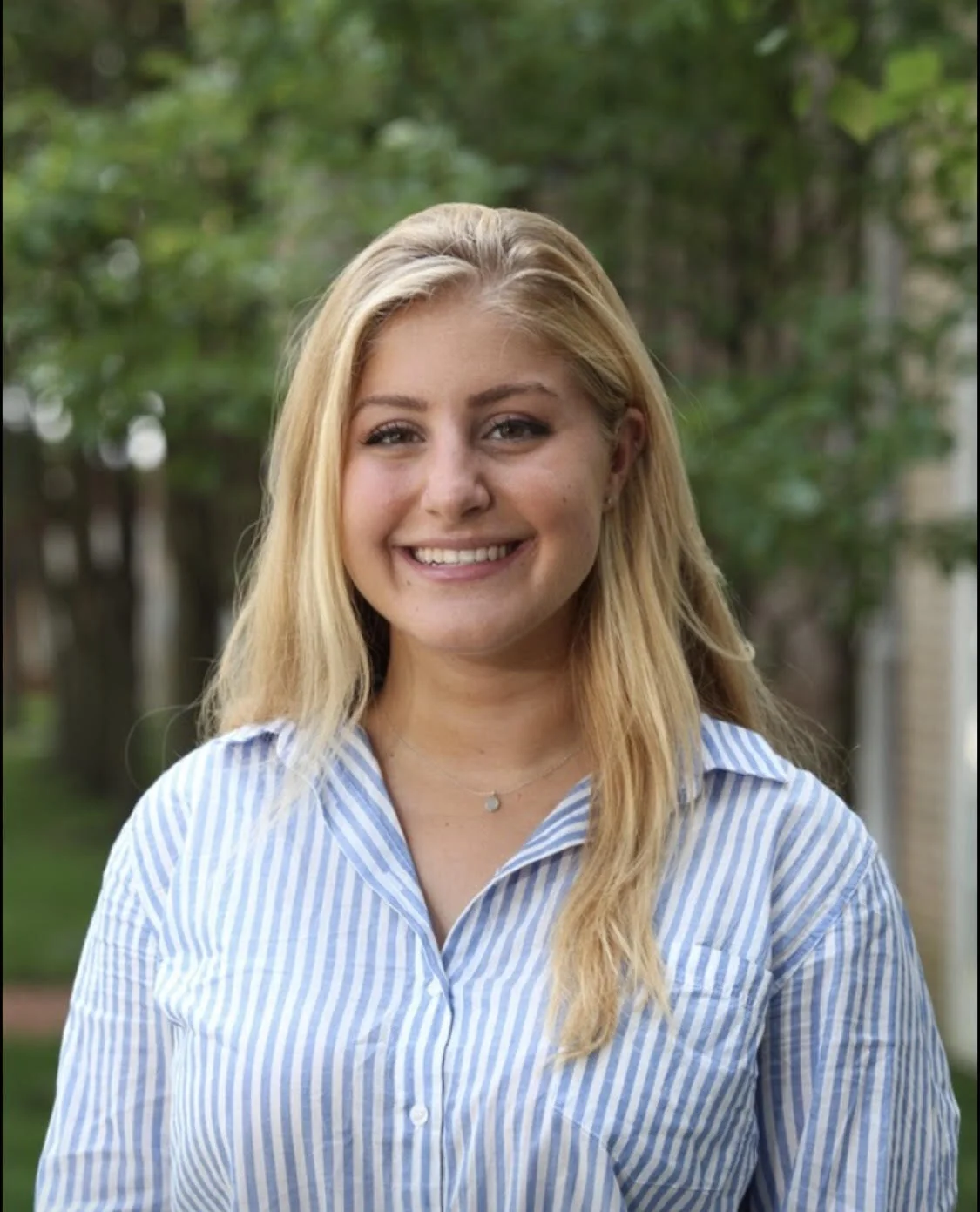The Food Safety Modernization Act (FSMA) Produce Safety Rule (PSR) seeks to prevent foodborne illness by identifying possible contamination sources on the farm, including water. Farmers who fall under the rule are required to collect 20 samples per agricultural water source over 2–4 years, and five annual samples thereafter to calculate E. coli concentrations. These water testing requirements place financial and time burdens on farmers. In a recently published article, “Impact of irrigation water type and sampling frequency on Microbial Water Quality Profiles required for compliance with U.S. Food Safety Modernization Act Produce Safety Rule standards”, CONSERVE researchers evaluated if the number of samples required could be reduced while still arriving at the same decision about compliance with the PSR. The study found that larger deviance of a water source’s E. coli concentration from the PSR standards (either higher or lower) meant that less samples were needed to make the same compliance decision as was reached with the currently required 20 samples. For example, 99% agreement was obtained with a sub-sample of five when the absolute difference between E. coli concentrations and PSR thresholds was ≥2.6 and 4.5 log CFU/100 mL E. coli, respectively. These findings could contribute to the FDA’s recently proposed revisions to the FSMA PSR pre-harvest agricultural water requirements.
CONSERVE Researchers investigate how to get beyond the "Ick"
CONSERVE Researchers at the University of Delaware, University of Pennsylvania and University of Florida are investigating consumers’ willingness to purchase food products grown with recycled water. Many consumers can’t get past the “ick” response or stigma — an irrational or exaggerated response to the risk of eating crops irrigated with treated wastewater. Resolving these concerns is key to the success of using recycled water for growing food, a necessary technology during the current world water crisis.
In a paper published in the American Journal of Agricultural Economics, the researchers asked consumers to make purchasing decisions based on their level of comfort with different products’ association with recycled water. They found that consumers were uncomfortable purchasing products like bottled water and fresh fruit, which were perceived to be more directly connected to recycled water. However, animal byproducts such as cheese produced by cows who drink recycled water resulted in much more favorable responses. They also found that passing recycled water through a natural barrier, such as an aquifer, removes the stigma consumers would otherwise attach to the water. This study highlights strategies that policymakers and industry stakeholders can use in their efforts to mitigate the stigma associated with recycled water. Read more about the study in the University of Delaware newsletter.
CONSERVE partners with the City of Westminster and WATEK Engineering Corporation on the first Indirect Potable Reuse Facility in Maryland
CONSERVE researchers Drs. Amy R. Sapkota, Allen Davis, Amir Sapkota, Leena Malayil, Rianna Murray, Suhana Chattopadhyay and Michele Morgado are collaborating with the City of Westminster, MD and WATEK Engineering Corporation to evaluate the first indirect potable reuse project in the State of Maryland, PUREWater Westminster. The project is evaluating the effectiveness of a multi-barrier wastewater treatment approach that includes ultrafiltration, reverse osmosis, granular activated carbon, ultraviolet disinfection and advanced oxidation processes. Effluent from the wastewater treatment plant will be treated through this approach and added to the Cranberry Reservoir, the current source water for the city’s drinking water treatment plant. The CONSERVE team is evaluating the efficacy of this treatment train in reducing microbiological, chemical and metal contaminants of concern to human health. This portion of the project is funded by the U.S. Bureau of Reclamation. For more information, visit the PUREWater Westminster website.
The PUREWater Westminster project team
Touring the PUREWater Westminster project facility
CONSERVE Researcher Wins Award to Conduct Rainwater Harvesting Research and Capacity Building to Advance Food Security in Nepal
Dr. Leena Malayil, a CONSERVE researcher, received a Conservation, Food and Health Foundation grant to advance food security via harvested rainwater in Nepal. Harvested rainwater has long been considered a potential irrigation water alternative to groundwater and surface water resources. Since Nepal receives monsoon rains from June to early October, harvesting this water and using it to irrigate food crops after the monsoons and well into the dry season is an attractive strategy to maintain crop production and alleviate food insecurity. However, before this practice can be expanded, it is necessary to understand the microbiological quality of this water source. Dr. Malayil and her collaborators will conduct field-based research that will characterize the microbiological quality of harvested rainwater ponds and track live bacteria from rainwater to irrigated soil and produce. The team will also engage in community-driven capacity building that will train and inspire future agricultural water use leaders in Nepal. The project is a collaborative effort between the CONSERVE Center of Excellence, the Sanskriti Farms and Research Center, and Kathmandu University. This project will serve as an international model for collaborative, interdisciplinary research, community-driven capacity building and training focused on sustaining water and food security beyond Nepal in other similarly food- and water-insecure nations.
Sanskriti Farms & Research Center
Water samples collected at Sanskriti Farms & Research Center
CONSERVE Researcher studies well water quality in Maryland's Lower Eastern Shore
Dr. Rianna Murray, researcher with CONSERVE, recently received a grant to work with a coalition of non-profit organizations to assess nitrate contamination in private drinking wells of Maryland's Lower Eastern Shore. The project, the Lower Shore Well Water Initiative, employs a citizen science approach and engages residents of Somerset, Wicomico, and Worcester counties in testing their well water to determine their risk of nitrate contamination. Nitrates are an important plant nutrient, but in excess amounts, they can contaminate the groundwater that people rely on for their drinking water and endanger health. On Maryland's Lower Eastern Shore, common sources of nitrogen include over-application of poultry manure to crops, as well as discharges from septic systems.
For more information and to have your well tested, please visit: https://www.lowershoresafewells.com/
CONSERVE Project Director Dr. Amy Sapkota on our increased use of anti-microbials
CONSERVE Project Director Dr. Amy Sapkota recently spoke with Sheilah Kast on her morning show, “On the Record” on WYPR to discuss our increased use of anti-bacterials during the pandemic, including the potential long-term effects of increased use of anti-bacterials on our health. Dr. Sapkota’s main takeaway: “Handwashing is still one of the most important things you can do to prevent the spread of many different illnesses. So continued hand washing with just soap and water is really essential as we continue to combat this virus.”
Listen to the full interview here: https://omny.fm/shows/on-the-record-1/have-we-gone-anti-bacterial-crazy#description
New research from the CONSERVE Team reveals consumer perceptions after long‐term use of alternative irrigation water in Israel
CONSERVE collaborators Sean Ellis, Maik Kecinski, Kent Messer and Clive Lipchin recently investigated Israelis' willingness to pay for produce irrigated with alternative water. Results show that Israelis prefer produce irrigated with conventional water over any type of alternative water and that their preferences for alternative water varies by type. These results indicate that there may be long‐run limits to how high consumer demand for alternative water can rise. Read more about this research that was recently published in the journal of Applied Economic Perspectives and Policy here: https://doi.org/10.1002/aepp.13162
CONSERVE Collaborator Dr. Clive Lipchin installs an off-grid wastewater treatment unit in a Bedouin village
Dr. Clive Lipchin, a CONSERVE collaborator based at the Arava Institute for Environmental Studies in Israel, recently installed a pilot solar-operated sewage treatment unit in the Bedouin community of Umm Batin. Dr. Lipchin has extensive experience in transboundary water management and wastewater reuse and worked with community members to install the new technology. Umm Batin is a recognized Bedouin village near the city of Beersheba in the Negev desert.
Clive Lipchin in front of a pilot off-grid sewage treatment unit in the Bedouin village of Umm Batin
Read more about the successful project here: https://www.timesofisrael.com/first-off-grid-wastewater-treatment-unit-in-bedouin-village-piloted/
How does your garden grow? New study on Gardening during the COVID-19 pandemic
CONSERVE researchers and Extension Master Gardeners are conducting a survey to understand how gardening activities may have changed during the COVID-19 (coronavirus) pandemic, how gardening might be being used for stress management, and what gardening education is needed. This anonymous survey is open to all individuals who are at least 18 years old and located in the United States. Please consider completing this voluntary survey to help us better understand current gardening practices and needs for gardening information. If you have any questions or concerns, please contact CONSERVE co-PD Dr. Rachel Rosenberg Goldstein at rerosenb@umd.edu.
The survey can be found here: https://bit.ly/UMDGardeningHealth
Meet our 2020 Summer Interns!
CONSERVE is pleased to welcome seven interns to our 2020 Annual Internship Program. Despite the COVID-19 pandemic preventing us from having an in-person internship this year, our interns will still have a rewarding virtual experience while working with CONSERVE co-PIs across five different CONSERVE activities. Visit our Intern profile page to learn more about each student! http://conservewaterforfood.org/conserve-summer-interns-2020












